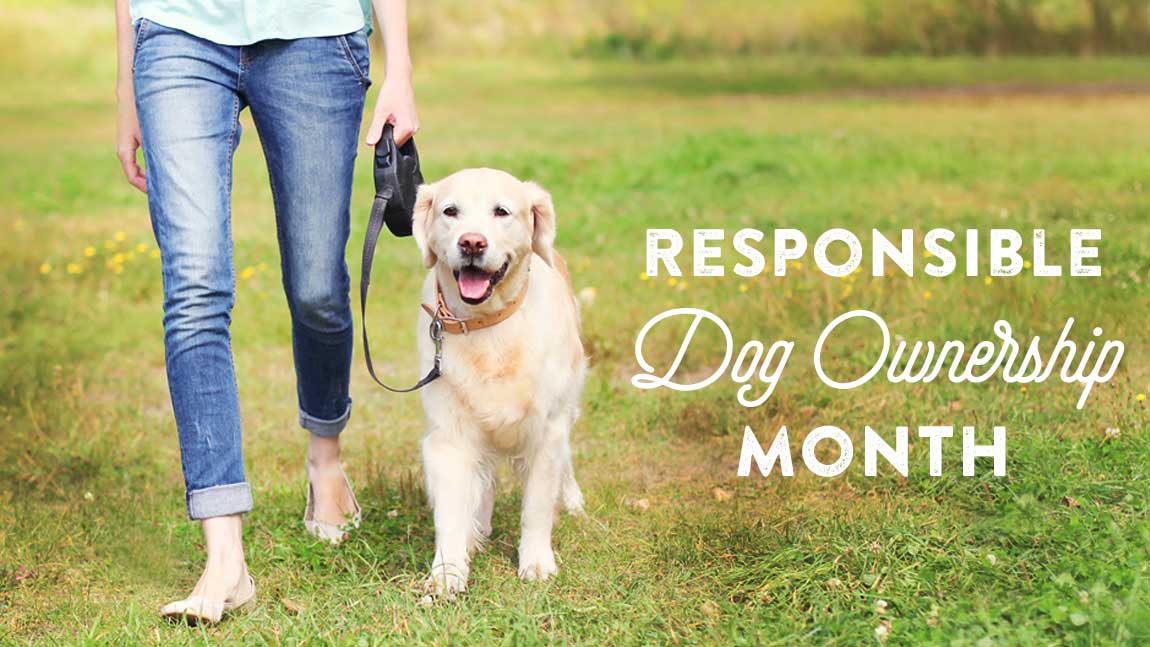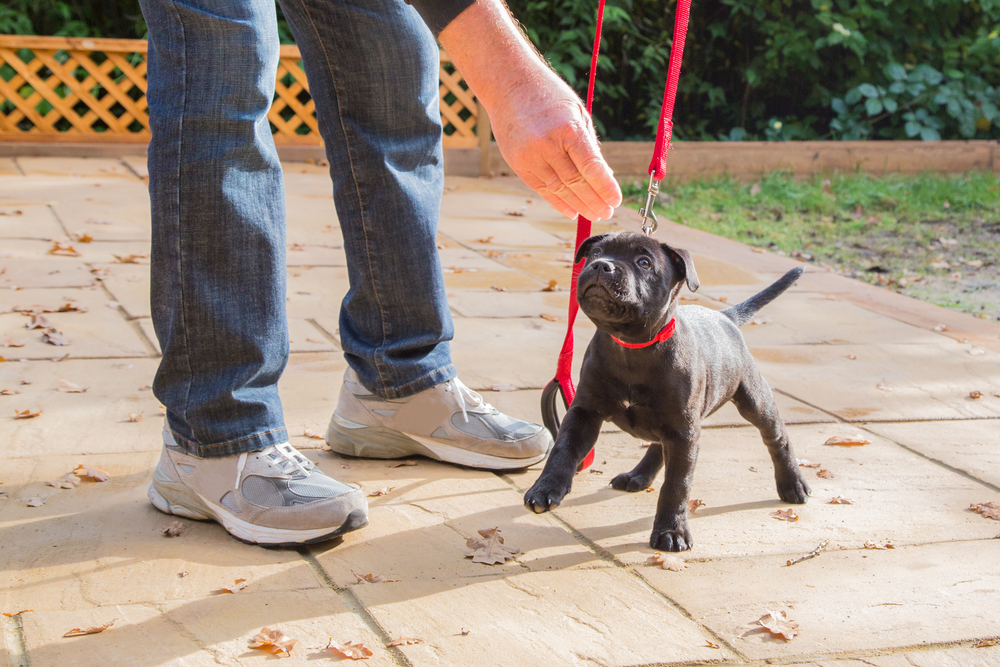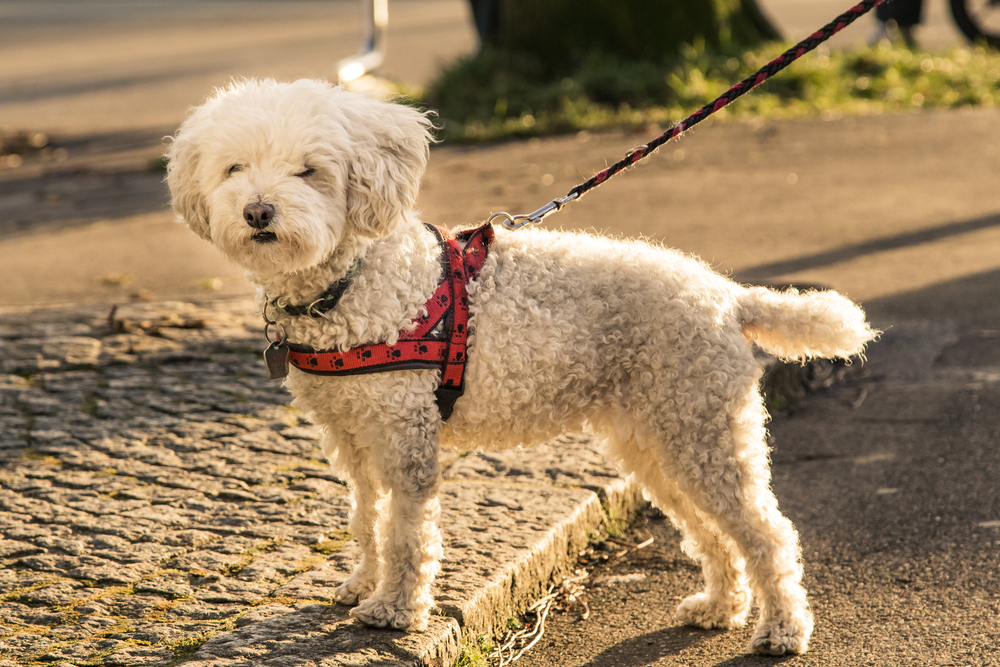By Steve Dale
September is Responsible Dog Ownership Month, a month dedicated to raising awareness of responsible dog ownership and helping encourage dog owners to do their very best when it comes to caring for their dog. This is a great time to take a look at your dog’s care routine and see if there are any areas that need improvement. Below are seven tips to keep in mind this month, and all year-round, to give your pup the very best care possible!
1) PUPPY CLASSES:
While teaching dogs to sit or stay is important for everyday life, even more necessary is the socialization and bonding that occurs in positive reinforcement puppy classes. While socialization occurs through life, the most critical period is when dogs are young puppies. Meeting not only other dogs, but also a diversity of people and various settings is important. Puppy classes also provide an opportunity to open a window of communication between puppy on one end of the leash to the handler on the other end of the leash. To find a behavior consultant near you, visit http://iaabc.org/consultants.
2) GIVE YOUR DOG A JOB:
All dogs were bred to do something, and while we may no longer require Border Collies to herd sheep or Standard Poodles to go on the hunt (it’s actually what they were originally bred for), Border Collies can be taught (and need to be taught) a myriad of tasks to feel happy and engaged. Too many dogs are overweight or obese and don’t have enough mental stimulation. Dogs of all breeds and mixes require enriched environments and activities for physical and mental stimulation.
3) ON LEASH, NOT OFF:
Unless you are in a protected fenced-in area and/or a designated off-leash area such as a dog park or a backyard, a leash is necessary for safety. Even dogs with the best recall might chase a squirrel. Cars kills many dogs. Even the friendliest dog jumping on a stranger can cause a problem; handlers should always have control over their dogs.
4) MICROCHIP AND REGISTER:
Dog tags are important, but they can be removed or fall off. A microchip is the best form of permanent identification. However, a microchip without current registration information is about as good as a cell phone without a phone number. If the dog is lost, and the owners can’t be located because contact information wasn’t updated or registered in the first place, the microchip means little.
5) SCOOP THE POOP:
This isn’t only the responsible thing to do for your dog, it’s the right thing to do when taking your dog for a walk in the neighborhood or running in the dog park. Dog poop can carry roundworm, hookworm, whipworms, giardia and canine parvovirus. In addition to being transmitted from dog to dog, some of these parasites can also be transmitted to people. Plus, your neighbors will appreciate you picking up!
6) CHECK-UPS TWICE A YEAR FOR LIFE:
Unless you have a stethoscope or can do blood work in your kitchen, there’s no way to detect all possible illnesses. And early diagnosis can usually improve the prognosis. Preventive health care can extend, and even save, lives. Also, it’s a way to ensure your pet is up-to-date on all needed vaccinations, from the obvious core vaccines, to non-core vaccines such as the vaccine for the canine influenza virus (dog flu).


